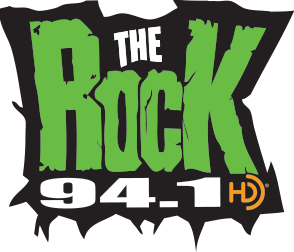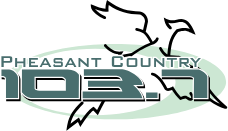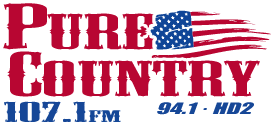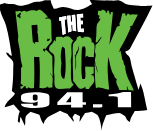SIOUX FALLS, S.D. (AP) — South Dakota is seeing a wide disparity in how high schools prepare students for college, a newspaper investigation found.
Nearly a third of South Dakota high school graduates enrolling in the state’s public universities needed remedial classes in reading, math or both between 2010 and 2017, according to the Argus Leader’s analysis of graduation data collected by the South Dakota Board of Regents.
The number of graduates who required remedial classes fluctuated over the eight-year period, dropping to a low of 28 percent but jumping back to nearly 33 percent in 2017.
The data only track students who enrolled in the state’s public university system, so graduates who enrolled elsewhere or didn’t go to college aren’t included. But the findings still show that some high schools are struggling to prepare students for college.
Tri-Valley High School in Colton had one of the highest rates of graduates needing remedial classes, particularly in math.
Superintendent Mike Lodmel said he realized many students weren’t taking advanced math courses because they would get a head start on the math requirements in eighth grade and finish them by sophomore year.
“We found in many cases students were not taking math courses beyond Algebra II, which was the exact opposite of our intentions (with eighth-grade Algebra),” Lodmel said.
Tri-Valley plans to require students to take at least three math courses, which Lodmel hopes will help boost students’ college readiness. The district is also adding an elective ACT prep course, an advanced writing course and more reading courses to help reduce the need for remedial classes.
Chamberlain High School in Chamberlain had the highest percentage of graduates who needed remedial classes in the state over that period. But the district has improved their rate over the last few years, from 64 percent of graduates in 2011 to 36 percent in 2017.
“We encourage our students to have math class every year,” said Superintendent Deb Johnson.
The district also plans to join more than two dozen other districts next year in participating in the Multi-Tiered Systems of Support, a statewide program that offers training and support to prepare high school students for life after graduation.
“We have decided, for us, it’s time to enter into the program,” Johnson said.







